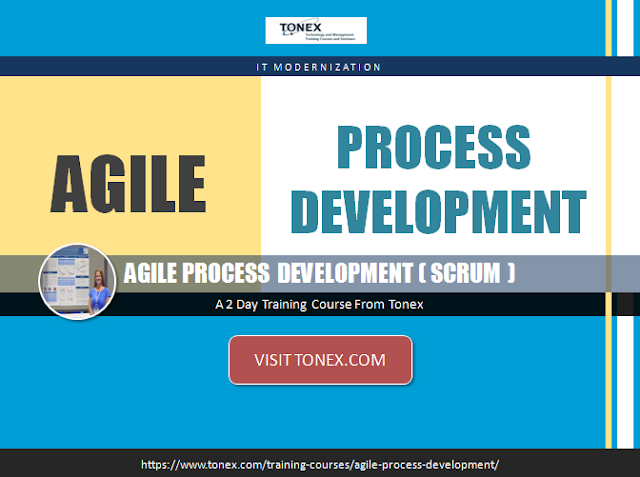This 2-day occasion gives the participant a remarkable chance to wind up submerged in learning Agile standards and the Scrum structure. Your teacher will effectively connect with you, instruct you, and above all animate you to consider better approaches for working. Come arranged to learn! Accompany a receptive outlook!
Scrum. Scrum is an agile method to deal with an undertaking, for the most part programming development. Agile programming development with Scrum is frequently seen as a procedure; but instead than review Scrum as approach, consider it a system for dealing with a process.
Following the completion of the course, all participants will be given the vouchers to take the CSM exam.
Objectives
Topics Covered:
Introductions to Agile and Scrum
Agile principles
What is Scrum?
The Agile Paradigm Shift
The Agile Foundation
The Agile Manifesto and Principles
Adapting Agile Process Development
Building the Agile and Scrum Team
Agile Adoption
Role of the ScrumMaster
The different levels of planning in Scrum
Scrum roles, artifacts and meetings
Enabling self-organizing Teams
Estimation with Scrum
Product Backlog Items and their purpose
More…
Request more information regarding Agile Process Development SCRUM course. Visit Tonex link below
Agile Process Development SCRUM Course
Scrum. Scrum is an agile method to deal with an undertaking, for the most part programming development. Agile programming development with Scrum is frequently seen as a procedure; but instead than review Scrum as approach, consider it a system for dealing with a process.
Following the completion of the course, all participants will be given the vouchers to take the CSM exam.
Objectives
Topics Covered:
Introductions to Agile and Scrum
Agile principles
What is Scrum?
The Agile Paradigm Shift
The Agile Foundation
The Agile Manifesto and Principles
Adapting Agile Process Development
Building the Agile and Scrum Team
Agile Adoption
Role of the ScrumMaster
The different levels of planning in Scrum
Scrum roles, artifacts and meetings
Enabling self-organizing Teams
Estimation with Scrum
Product Backlog Items and their purpose
More…
Request more information regarding Agile Process Development SCRUM course. Visit Tonex link below
Agile Process Development SCRUM Course

Comments
Post a Comment